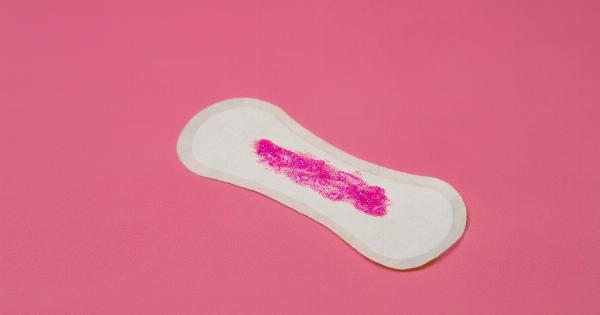Hypertension, commonly known as high blood pressure, is a significant health concern affecting millions of individuals worldwide.
It is characterized by elevated blood pressure levels, which can lead to serious complications, including heart disease, stroke, and kidney problems. Despite its potential harm, hypertension is a condition that can be controlled and managed through a combination of medical interventions and lifestyle modifications.
The Role of Daily Habits in Hypertension
While medication plays a crucial role in hypertension management, adopting healthy daily habits can significantly impact a person’s blood pressure levels.
These habits, when practiced consistently, can promote overall well-being and reduce the risk of developing hypertension.
Regular Exercise
Engaging in regular physical activity is one of the most effective ways to manage hypertension. Exercise helps strengthen the heart, promote better blood circulation, and maintain a healthy weight.
Aim for at least 30 minutes of moderate-intensity aerobic exercise, such as brisk walking or cycling, most days of the week.
Healthy Diet Choices
Adopting a nutritious diet can have a substantial impact on hypertension control. Reduce your sodium intake by limiting processed and packaged foods, which are typically high in salt.
Instead, focus on incorporating fruits, vegetables, whole grains, lean proteins, and healthy fats into your meals. Additionally, foods rich in potassium, such as bananas and leafy greens, can help lower blood pressure levels.
Stress Management Techniques
Chronic stress can contribute to hypertension. It is crucial to develop effective stress management techniques, such as practicing relaxation exercises, deep breathing, and mindfulness.
Engaging in activities like yoga, meditation, or engaging hobbies can also help reduce stress levels and promote overall well-being.
Adequate Sleep
Getting enough sleep is essential for maintaining optimal blood pressure levels. Ensure you get 7-9 hours of quality sleep each night. Establish a bedtime routine, create a calm sleep environment, and limit the use of electronic devices before sleep.
Moderate Alcohol Consumption
Excessive alcohol consumption can significantly impact blood pressure levels. If you choose to drink alcohol, do so in moderation. It is recommended to limit consumption to no more than one drink per day for women and two drinks per day for men.
Avoid Tobacco
Smoking and tobacco use increase the risk of hypertension and cardiovascular disease. Quitting smoking is one of the best things you can do for your overall health.
Seek support from healthcare professionals or join cessation programs to successfully quit smoking.
Regular Blood Pressure Monitoring
Regularly monitoring your blood pressure levels is crucial for managing hypertension effectively. You can use at-home blood pressure monitors or visit a healthcare professional to get accurate readings.
By keeping track of your numbers, you can make informed decisions about your treatment plan and lifestyle modifications.
Social Support and Relationships
Strong social support and positive relationships can have a significant impact on blood pressure levels. Surround yourself with a supportive network of family and friends who encourage your healthy habits and provide emotional support.
This can help alleviate stress and promote better overall well-being.
Weight Management
Maintaining a healthy weight is essential for hypertension management. Excess weight puts additional strain on the heart and blood vessels, increasing the risk of developing high blood pressure.
Incorporate a balanced diet and regular exercise into your routine to achieve and maintain a healthy weight.
Conclusion
Hypertension is a controllable condition, and daily habits play a vital role in its management.
By incorporating regular exercise, adopting a healthy diet, managing stress, getting adequate sleep, moderating alcohol consumption, avoiding tobacco, monitoring blood pressure levels, nurturing positive relationships, and maintaining a healthy weight, individuals can significantly impact their blood pressure levels and reduce the risk of complications associated with hypertension. Consult with healthcare professionals for personalized advice and guidance on managing and preventing high blood pressure.






























